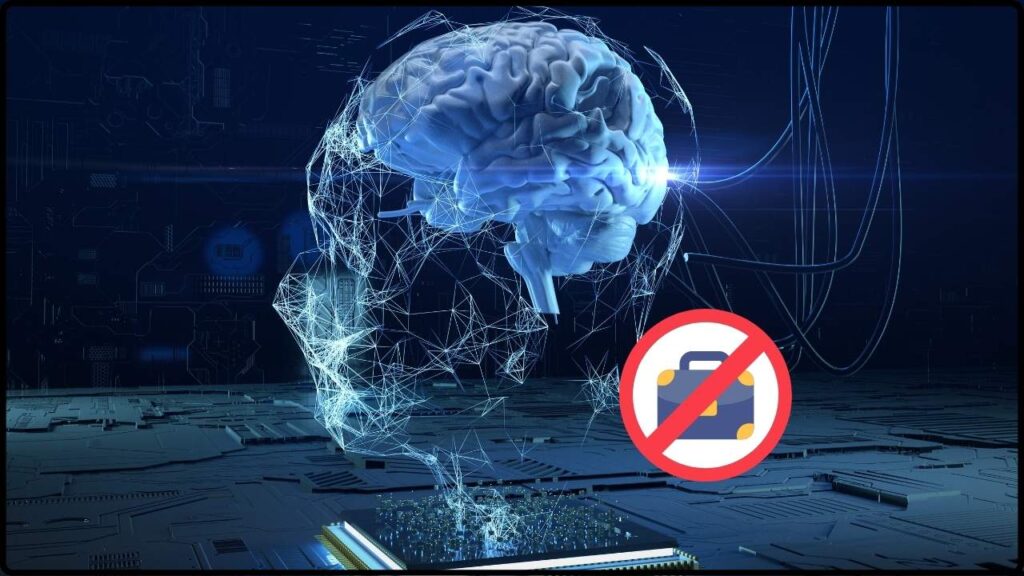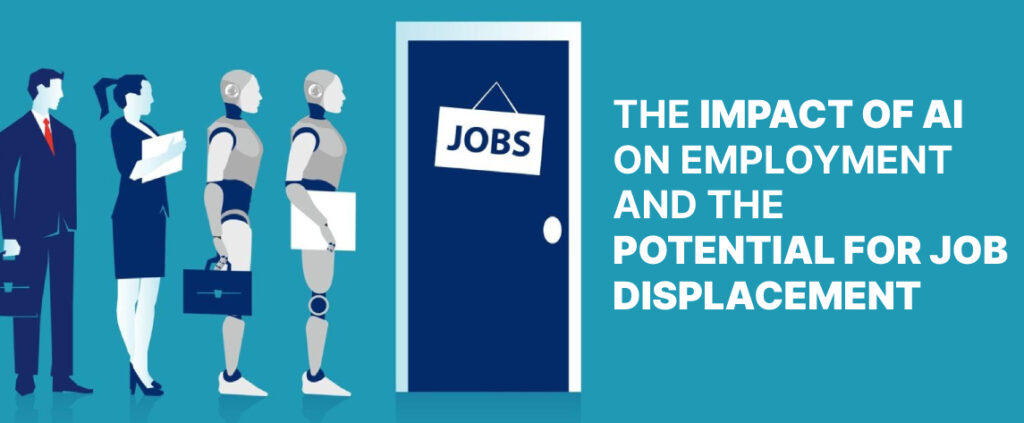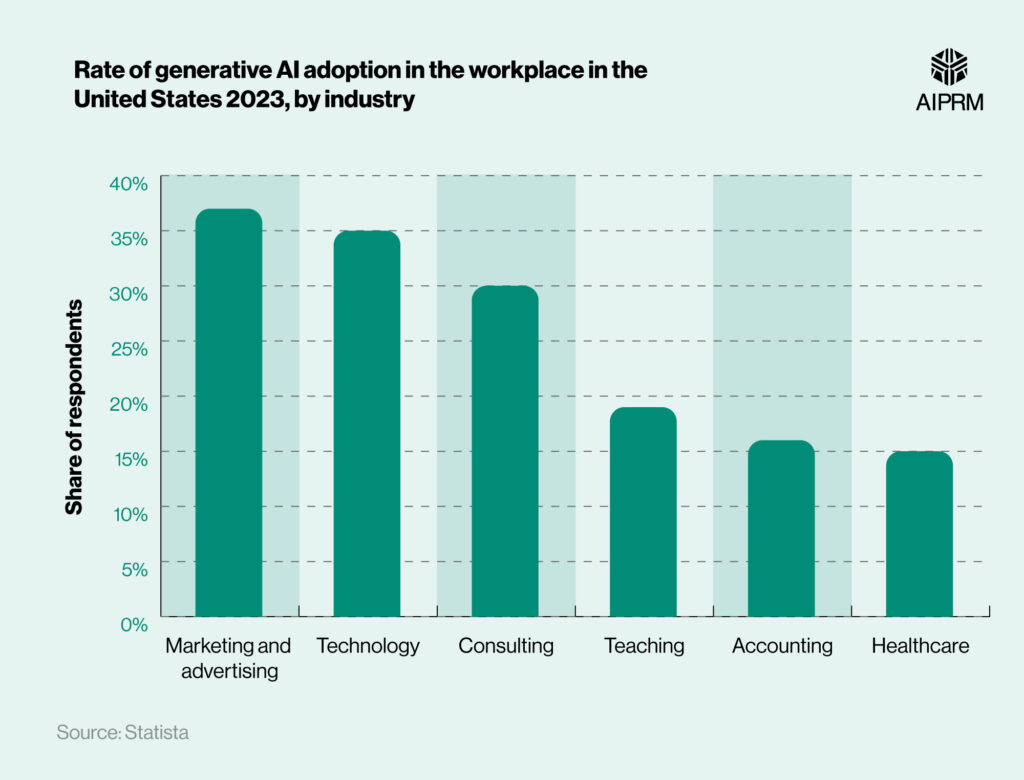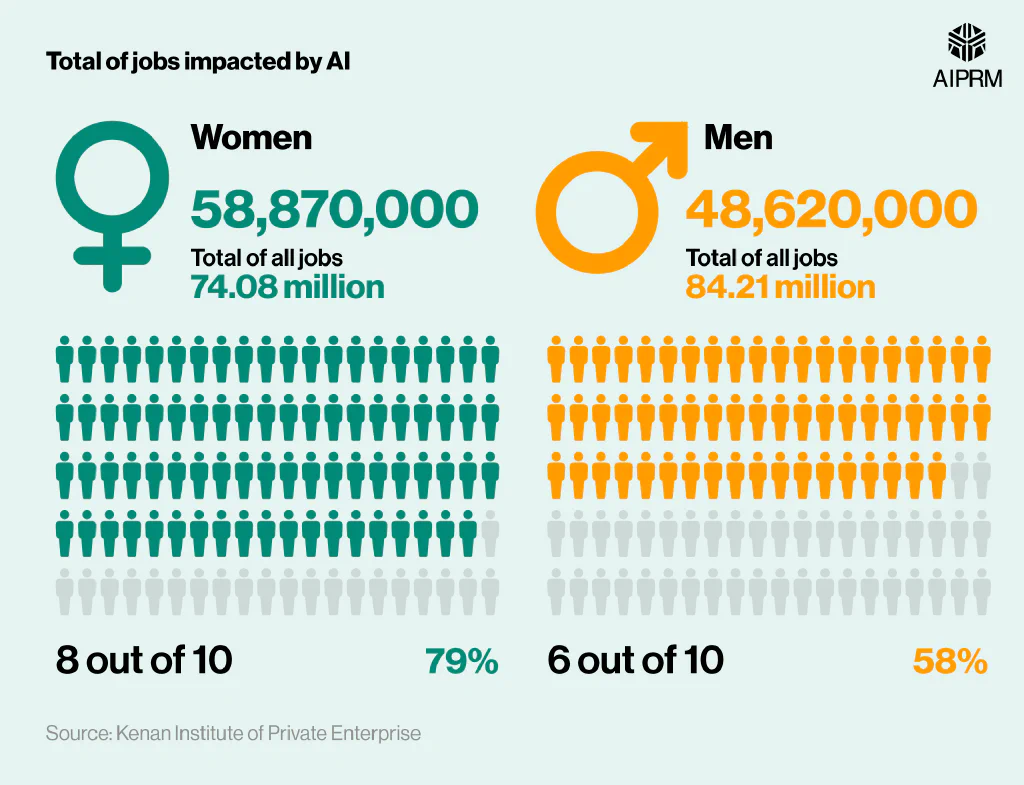
How This Technological Revolution Could Destroy Millions of Jobs: The rise of Artificial Intelligence (AI) is one of the most significant technological revolutions of our time. While we’ve seen incredible advancements in various sectors, such as healthcare, education, and entertainment, AI also brings with it an undeniable concern: job loss. The impact of AI on employment is a topic that’s been gaining attention from tech leaders, economists, and government officials alike. Many experts, including some of AI’s top creators, have raised alarms that AI could destroy millions of jobs in the next few years. This article explores the potential consequences of this revolution on the workforce and how you can navigate these changes to protect your career. We will look at expert opinions, statistics, and practical advice on how to adapt and thrive in the AI-driven future.
How This Technological Revolution Could Destroy Millions of Jobs
The AI revolution is inevitable, but with the right mindset and preparation, we can adapt to the changes it brings. While AI will undoubtedly lead to job displacement, it will also create new opportunities for those who embrace technology, continue learning, and focus on human-centric roles. It’s time to rethink the way we work, and by doing so, we can ensure that we’re not just surviving in the Technological Revolution but thriving in it.
| Key Points | Details |
|---|---|
| Job Loss Prediction | Experts like Dario Amodei and Geoffrey Hinton predict that AI could replace 50% of entry-level jobs in the next 5 years. |
| Affected Industries | Sectors like customer service, finance, and tech are most vulnerable to AI job displacement. |
| Solutions for Workers | Embrace AI tools, engage in continuous learning, and focus on human-centric careers. |
| Proactive Measures | Governments and companies need to implement reskilling programs and social safety nets. |
| Economic Inequality | The rise of AI may widen the gap between tech owners and workers. |
| Expert Sources | Business Insider, Washington Post, Times of India, and Axios provide in-depth reports on AI’s job impact. |
The AI Job Displacement Dilemma
AI is rapidly evolving, and with this Technological Revolution comes the potential to replace millions of jobs. This might sound alarming, but it’s a reality that we must face. AI systems can perform tasks that previously required human intelligence, from answering customer service calls to analyzing legal documents. While these tools make processes more efficient, the downside is that they could lead to job cuts, especially for entry-level positions. According to AI experts like Dario Amodei, CEO of Anthropic, AI could eliminate up to 50% of entry-level white-collar jobs in the next 5 years. In fact, some sectors could see unemployment rates soar by as much as 10-20%.
This revolution is being led by major AI creators, including Geoffrey Hinton, the so-called “Godfather of AI.” Hinton has shared his concerns that AI may soon surpass human abilities in many fields, ultimately leading to widespread job loss unless people adapt and acquire new skills.

Key Industries Impacted by AI
While AI can impact nearly every field, there are specific industries and job categories that are particularly vulnerable. Let’s break it down:
1. Customer Service
AI chatbots and automated response systems are already handling customer inquiries, order processing, and troubleshooting. This technology is saving companies time and money, but it also means fewer human workers are needed for these tasks. Many customer service representatives, especially those in entry-level positions, are finding their roles threatened by AI.
2. Finance and Accounting
In finance, AI can analyze data much faster than humans, spot patterns, and even predict market trends. Software like robo-advisors is replacing human financial planners, and AI tools are streamlining accounting, audit, and tax processes. As a result, jobs that once required human judgment and calculation are being automated.
3. Healthcare
AI is being used to interpret medical images, predict patient outcomes, and even assist with surgeries. While AI can’t completely replace healthcare professionals, its integration into diagnostic roles, admin work, and patient care may reduce the need for certain healthcare workers.
4. Legal Services
From reviewing contracts to predicting case outcomes, AI has the potential to revolutionize the legal industry. Legal professionals can use AI tools to do research or draft documents, but entry-level positions, such as paralegals, could be at risk.
5. Transportation
Autonomous vehicles and delivery systems are reshaping the transportation industry. Truck drivers, delivery drivers, and taxi drivers are among the most vulnerable groups. As self-driving technology improves, the demand for human drivers will decline.

How How This Technological Revolution Could Destroy Millions of Jobs (Entry-level)
Declining Opportunities for New Graduates
Since AI can perform many tasks that used to be the domain of entry-level employees, companies are less inclined to hire new graduates. Why hire someone to do a repetitive task when an AI system can do it faster and more accurately? This is a challenge for people entering the workforce, who may face stiff competition from AI-powered systems.
For example, in the tech industry, fresh graduates are finding it more difficult to land roles at major companies because these firms now prioritize experienced workers who are already familiar with AI tools. This shift is evident in the decline of early-career hires at many startups and established tech giants since 2023.
How to Adapt to an AI-Driven Future?
It’s not all doom and gloom, though. While Technological Revolution will change the way we work, it also offers opportunities for those who are prepared. Here’s how you can ensure you stay ahead of the curve:
1. Embrace AI Tools
AI may be taking over some tasks, but that doesn’t mean you can’t use AI to your advantage. Learn how to use AI tools in your field to enhance productivity. Whether it’s learning how to use AI in data analysis, customer service, or project management, becoming familiar with AI technologies can make you more competitive in the job market.
2. Pursue Continuous Learning
With technology advancing at such a rapid pace, the key to staying relevant in the workforce is continuous learning. Consider upskilling or reskilling in areas that are less susceptible to automation. These include jobs in creative fields, emotional intelligence, and complex problem-solving.
3. Focus on Human-Centric Roles
Some careers are less likely to be automated by AI. For example, roles that require empathy, critical thinking, and human interaction are much harder for AI to replicate. Nurses, therapists, educators, and social workers are just a few examples of professions that AI can’t replace in the same way it can replace technical or data-heavy roles.
The Role of Education and Governments in the AI Transition
The future of work depends not only on individuals but also on systemic changes in education and government policy. For schools and universities, this means integrating AI literacy and digital skills into their curricula. We need a future workforce that can work alongside AI, not just be replaced by it.
On the governmental side, there’s also a critical need for policies that promote reskilling programs and create social safety nets for displaced workers. Initiatives like universal basic income (UBI) are already being discussed as potential solutions to counteract AI-driven job loss.

The Ethical Dilemmas of AI and Job Displacement
One of the major challenges AI poses is its ethical implications. There’s a growing conversation about AI fairness, privacy, and responsibility. We must ask: Is it ethical for companies to replace humans with machines, especially when it affects entire communities and livelihoods?
In addition, as AI takes over more tasks, we must also consider the potential for economic inequality. The companies that create and own these AI technologies stand to benefit the most, while displaced workers might struggle.
Universal Basic Income (UBI)
UBI is one potential solution to address AI-driven job displacement. The concept involves providing a guaranteed income to all citizens, regardless of their employment status. Some argue that UBI could be the answer to maintaining societal stability in a world where AI takes over many jobs.
Case Studies of AI in Action
AI in Transportation
Autonomous vehicles are expected to eliminate millions of driving jobs worldwide. Companies like Tesla and Waymo are already testing self-driving cars that could soon replace human drivers in transportation, delivery, and logistics. The ripple effect could impact industries like trucking, taxi services, and even public transportation.
AI in Customer Service
One of the most common examples of AI replacing jobs is in customer service. Chatbots like GPT-3 (the technology behind this article) and virtual assistants can answer questions, process transactions, and handle customer complaints, reducing the need for human representatives. The global customer service automation market is expected to grow exponentially in the coming years.
The Future of AI and Job Creation
While much of the conversation around AI focuses on job displacement, there are also significant opportunities for new job creation. The AI sector itself will need AI specialists, data scientists, and AI ethicists. Moreover, industries such as AI maintenance, data privacy, and quantum computing are expected to see a rise in demand.
As AI continues to evolve, it’s crucial to stay informed about these emerging fields, which could offer job opportunities in the future.
Apple Intelligence’s AI Features Shut Out from Meta Apps: What’s Behind the Clash?
How AI is Revolutionizing the Classroom: Key Developments in EdTech
New AI Model Caught Leaving Notes for Itself: Check Why This Has Experts Concerned











